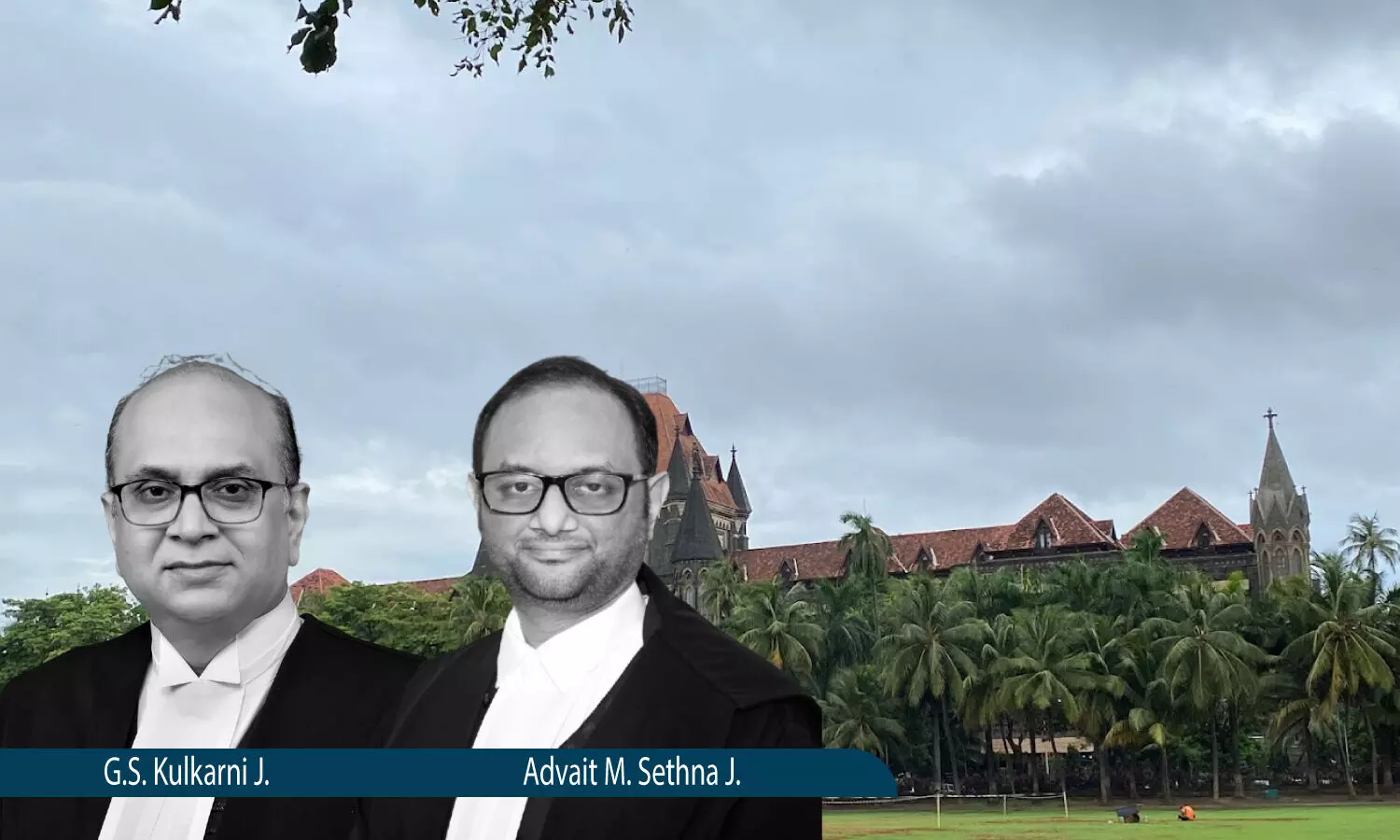
Justice G.S. Kulkarni, Justice Advait M. Sethna, Bombay High Court
Writ Petition Not Maintainable In Disputes Between Bar Associations & Member-Advocates: Bombay High Court
 |
|Four advocates filed a writ petition challenging a Kolhapur Bar Association notice mandating fee payment by April 1, 2025, to retain voting rights in upcoming elections.
The Bombay High Court has ruled that writ petitions under Article 226 are not maintainable in disputes arising between an individual advocate and a Bar Association. Emphasizing that Bar Associations are independent bodies governed by their own rules and elected committees, the Court held that such associations do not fall within the definition of “State” under Article 12 of the Constitution.
A writ petition was filed by four advocates, who had challenged a notice issued by the Kolhapur District Bar Association (KDBA). The notice required members to clear their membership dues by April 1, 2025, failing which they would be barred from voting in the association's upcoming elections.
A Division Bench of Justice Girish Kulkarni and Justice Advait Sethna said, "If all such activities, actions and decisions of the bar association are to be held to be subject, to the judicial review of the High Court under Article 226 of the Constitution of India, by reaching to a conclusion that the bar association is a 'State' within the meaning of Article 12 of the Constitution, in our opinion, this would certainly lead to a chaotic situation."
The petitioners sought judicial intervention against the KDBA’s notice, arguing that such conditions were arbitrary and violative of their rights. However, the High Court rejected this contention, observing that Bar Associations are autonomous bodies, typically constituted as societies registered under the Societies Registration Act, 1860, or as trusts, and are governed by their own by-laws and internal regulations.
The bench observed said, "Certainly, there is no deep or pervasive control of the Government or even of the Bar Council on the bar associations. They are governed by a managing committee which is elected by its members. There is hence, neither any control nor any interference of the Government in the functions of the bar association, much less on their elections or day to day functioning."
According to the Court, allowing writ petitions under Article 226 in disputes between advocates and their bar associations would set a dangerous precedent, potentially opening the floodgates to litigation against all types of professional bodies. It added, “In our opinion, if we entertain writ petitions on such causes, things would not stop only at the bar associations formed by advocates, as the same logic would be required to be applied to associations of other professional bodies like the associations of Doctors, Chartered Accountant, Engineers to name a few, which also discharge duties towards its members and citizens.”
The Court highlighted that every district and taluka in Maharashtra has multiple bar associations, each with their own governance structure. Accepting the petitioners’ argument would necessitate the High Court’s involvement in a vast number of internal disputes, which would be impractical and unwarranted.
The Court warned that such reasoning could logically extend to associations of other professionals—such as doctors, chartered accountants, and engineers—who also operate through self-regulated bodies that perform internal administrative and welfare functions.
The bench further clarified, "Even otherwise, the relationship between the bar association and its members on anything to do with the functioning of the bar association is circumscribed/governed and controlled by the rules of the bar association, to which the members subscribe, when they accept the membership of the bar association. If this be so, merely for the reason that the advocates are governed by the Advocates Act, a relief in a writ petition under Article 226 of the Constitution cannot be granted against the bar association. In our opinion this would be a position too far fetched.”
The judges concluded that simply because advocates are regulated by the Advocates Act, it does not automatically render their associations subject to writ jurisdiction. Holding otherwise, the Court said, would amount to stretching constitutional provisions beyond their intended scope.
In view of these observations, the petition was dismissed, with the Court holding that the dispute did not warrant judicial review under Article 226.
Cause Title: Abhijeet Appasaheb Bacche-Patil & Ors. v. The Bar Council Of Maharashtra And Goa & Anr., [2025:BHC-AS:19485-DB]
Appearance:
Petitioners: Advocates Abhishek Nandimath,Shardul Diwan and Advait Vajaratkar